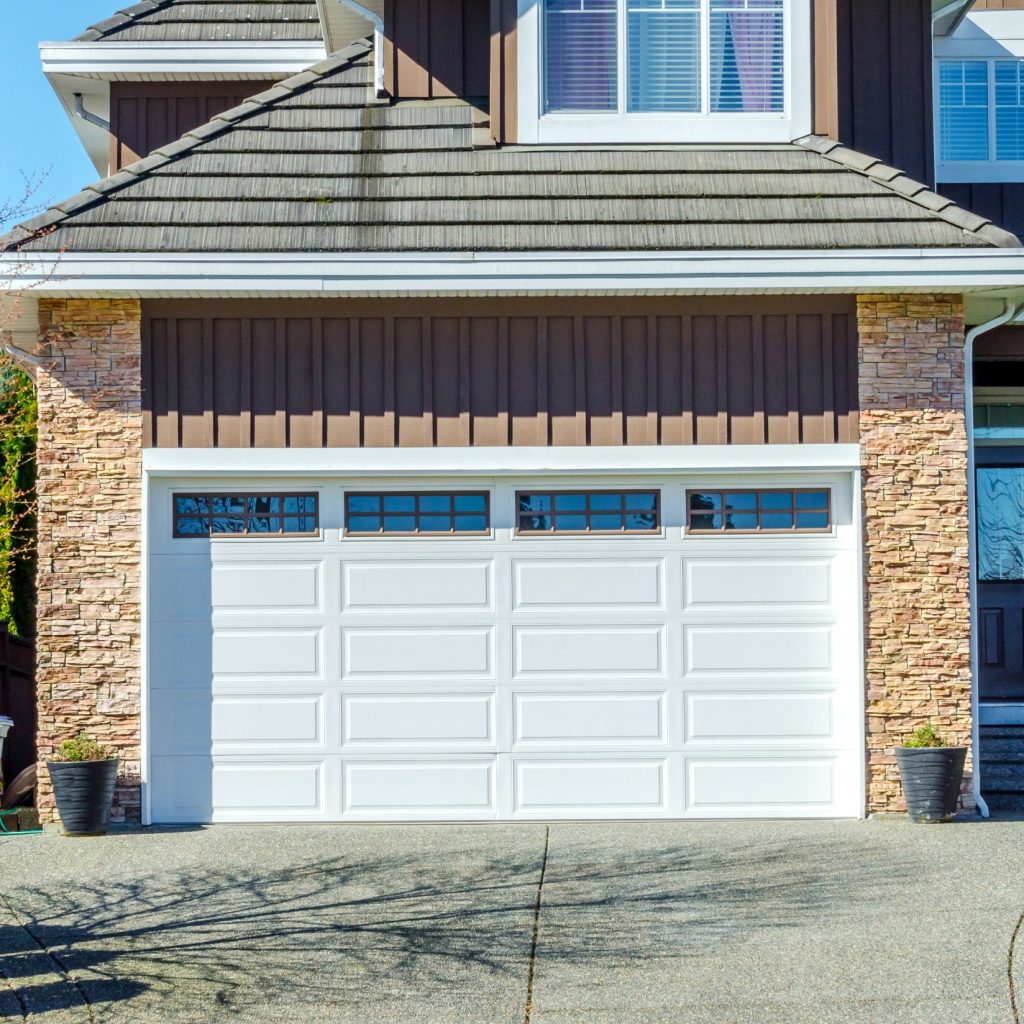
What is zoning and how does it affect real estate investors? Before making a residential or commercial real estate purchase in the US, you have to consider many different factors. Zoning laws in the country are probably one of these and for many reasons. It’s vital to know and understand these laws in the US before purchasing a property. This is true whether it is a residential or a commercial property.
Did you know that there are state, local, and federal laws that dictate the purpose a property may be used? Also keep in mind that this type of regulation and land use can vary from one county to another. (It sometimes even vary from city to city). Zoning ordinances can prevent a property owner from using his or her properties for their own desired or intended purposes.
What is Zoning
We can say that zoning is an incredibly powerful and helpful planning tool that helps map out the way cities are shaped and experienced. Also, it refers to local or municipal laws and regulations that stipulate how you can use real property in specific geographic areas. (For instance, commercial property.)
It is also worth noting that zoning is a vital element of the master plan. Note that a master plan is a thorough and comprehensive plan that guides the long-term physical development of a particular area or region.
Zoning laws in the US can limit industrial or commercial use of land to prevent manufacturing. It can also prevent other kinds of businesses from building plants, say, in residential neighborhoods.
(READ: What Are Zoning Laws and How Do They Work?)
Zoning and Property Investors
If you are a real estate investor and are planning to build, develop, add to a current property or run a business, then knowing and understanding zoning laws and ordinances is important. Always keep in mind that your plans have to conform and comply with all the relevant laws applicable to your jurisdiction. Also, refrain from assuming that just because the prior occupants used the property for a particular use, it means subsequent property occupants can also do the same.
This is because a variance might have been in effect. Variance permits the occupants to use the property in a way not covered in the zoning.
It is worth noting that variances are only applicable to the specific business that applied for the exemption and received it. Thus, you will have to get a waiver, variance, or possibly a zoning change in order to permit a prohibited use.
Two Common Types of Zoning
Residential
In the US, residential zoning laws can cover Suburban Homestead (SH), Single Family Residences (SFR), and any type of other designation which covers apartments, homes, trailer parks, duplexes, and condominiums.
Also, remember that these laws may also designate or dictate the maximum number of residential units in an area. This may also include the maximum height of these structures.
Commercial
Commercial zoning covers areas for restaurants, retail stores, and offices. This idea is quite straightforward and simple to understand. You may already be familiar with these commercial regulations if you have ever developed or owned commercial property.
Note that nightclubs, shopping centers, hotels, warehouses, and vacant land with the potential for development and construction into these types of buildings can also be zoned by authorities as commercial.


